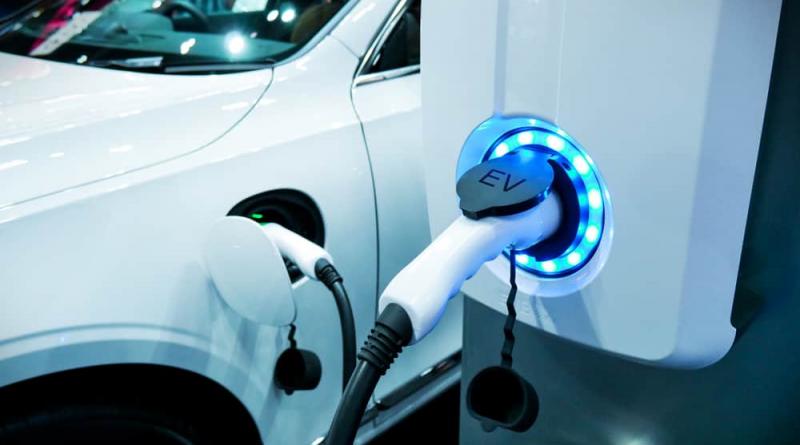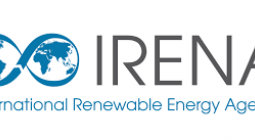EVs to be renewable game changer.

The International Renewable Energy Agency (IRENA) has released a Renewable Energy Innovation Outlook series on how policy and technological breakthroughs for electrical vehicles (EVs) can advance the development of renewables.
IRENA’s outlook analyses emerging developments that are making renewable energy technologies (RETs) increasingly effective and competitive in the world’s energy systems.
Each outlook identifies technology-, industry- and policy-related challenges to be overcome and assesses the research needed to scale-up renewable-based solutions.
The outlook suggests that through smart charging, EV batteries can help to integrate high shares of solar and wind power into existing grids, as battery storage capacity helps to even out the variability of these sources.
The outlook also states that the advent of electric vehicles EVs promises to be a game-changer for the world’s shift to sustainable energy and particularly to renewable power generation.
“Along with transforming the transport sector, EVs present a viable opportunity to introduce much higher shares of renewables into the overall power generation mix.”
IRENA suggests that EV charging will create significant additional electricity demand, which could be met practically and cost-effectively with renewables, including solar and wind power fed into the grid.
Such developments offer a tantalising prospect – particularly for cities – to decarbonise transport while also cutting air and noise pollution, reducing fuel import dependence and adopting new approaches to urban mobility.
Steady cost reductions for renewable power generation make electricity an attractive low-cost energy source to fuel the transport sector.
IRENA says scaling up EV deployment also represents an opportunity for power system development, with the potential to add much-needed flexibility in electricity systems and to support the integration of high shares of renewables.
“What makes EVs a unique innovation, from an electricity system perspective, is that they were not developed for the power sector and are not primarily a grid flexibility solution. Their primary purpose is to serve mobility needs.
“Achieving the best use of EVs, therefore, requires a close look at which use cases would align best for both sectors. Optimally, EVs powered by renewables can spawn widespread benefits for the grid without negatively impacting transport functionality,” the report states.
IRENA noted that cars, including EVs, typically spend about 95 per cent of their lifetime parked.
“These idle periods, combined with battery storage capacity, could make EVs an attractive flexibility solution for the power system. Each EV could effectively become a micro grid-connected storage unit with the potential to provide a broad range of services to the system.
“At the same time, however, uncontrolled charging could increase peak stress on the grid, necessitating upgrades at the distribution level.”
The summary of the IRENA Outlook can be found here.
17 May 2019






